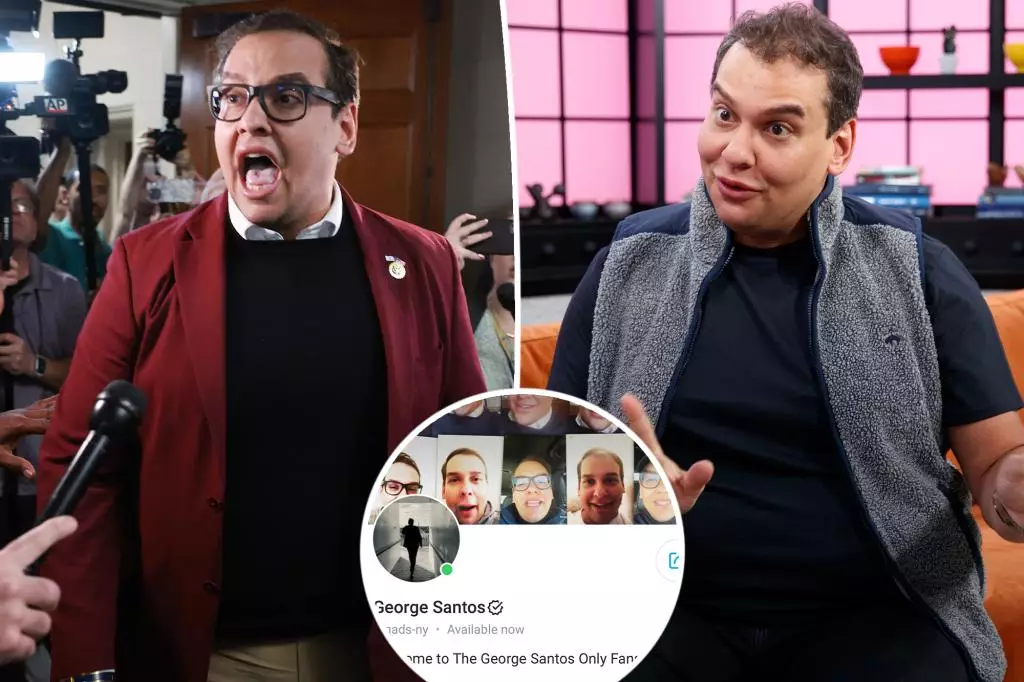Recently, former politician George Santos found himself in hot water after making false claims about starting an OnlyFans account. In a podcast interview, Santos joked about launching an OnlyFans page where people could get a glimpse into his private life. When questioned about the validity of his statements, Santos vehemently denied any intention of joining the racy platform. He even went as far as to threaten legal action against those who reported on the matter.
The situation escalated when Page Six, a popular gossip column, challenged Santos on his claims. They pointed out that humor and sarcasm were not sufficient reasons to doubt the credibility of his statements. Santos was quick to retaliate, calling the publication a “thirsty sad tabloid” and warning of potential lawsuits for libel and defamation. The back-and-forth between Santos and Page Six highlighted the absurdity of the situation.
Despite his initial denial, Santos eventually confirmed that he was indeed launching an OnlyFans page. However, he made it clear that the content on his account would not be of an adult nature. The announcement was met with skepticism and raised questions about the motivations behind Santos’ decision. With a monthly subscription fee of $29.99, Santos invited eager followers to explore his supposedly non-explicit content.
The entire saga involving George Santos and OnlyFans underscored the complexities of modern media dynamics. From initial denials to eventual confirmations, the twists and turns of the story left many scratching their heads. The importance of verifying information and discerning truth from fiction was a key theme throughout the ordeal. As Santos navigated the fallout from his questionable claims, observers were left to ponder the blurred lines between reality and fantasy in today’s information landscape.

Leave a Reply